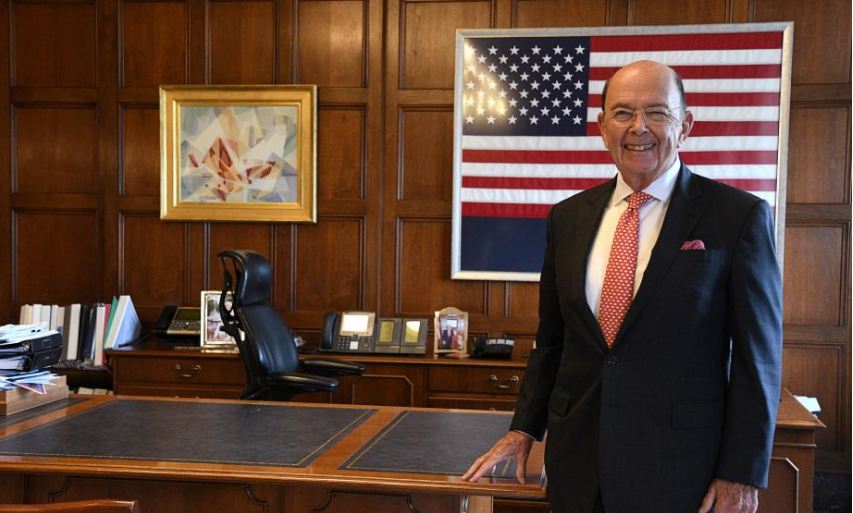Alwaght- The US Commerce Secretary Wilbur Ross said on Friday Washington is seeking to unite other countries against China by including “poison pill” provisions in its future trade deals, as it did in the recent agreement with Canada and Mexico, says US Commerce Secretary Wilbur Ross.
Last week, US President Donald Trump announced that Canada and Mexico had agreed to replace the three-way North American Free Trade Agreement (NAFTA) with the US-Mexico-Canada Agreement (USMCA), which he said was fairer towards US businesses.
The USMCA, which still awaits congressional approval, says on the occasion that any of the three countries enters a trade deal with a “non-market country” the other two can quit the deal in six months and a bilateral trade agreement of their own.
This provision, which originates from Trump’s ongoing tariff war against China, effectively gives Washington a veto over Canada and Mexico’s other free trade partners.
"It’s logical, it’s a kind of a poison pill,” Ross told Reuters in an interview on Friday.
Asked whether the US was going to implement the deal in similar deals with other countries, Ross said the possibility was there.
"People can come to understand that this is one of your prerequisites to make a deal,” he said, noting that the precedent was already set by the USMCA deal.
Ross told the provision was “another move to try to close loopholes” in trade deals that have served to “legitimize” China’s trade, intellectual property and industrial subsidy practices.
Despite international criticism, Trump has been forcing other countries to reconsider their existing trade deals with the US, claiming that Washington was getting an unfair treatment.
The new approach is expected to fuel the ongoing trade war between the world's two biggest economies.
The Trump administration has imposed tariffs on $200 billion Chinese exports to the US, a move that Beijing has retaliated by increasing the penalties on $60 billion worth of American products.
Despite accusing China of unfair trade and stealing US intellectual property, the American president has also claimed the Beijing is seeking to intervene in the fateful November 6 US congressional midterm elections.
Trump's protectionist agenda has also rattled long-running US alliances with the European Union (EU) and Japan.
The Trump administration has steeply increased tariffs on steel, aluminum and automobile imports from the EU. It is also mulling similar tariff hikes for Japan.
Ross said Tokyo should take steps to “move manufacturing into the US” in order to cut its $40 billion automotive trade surplus with Washington.



























